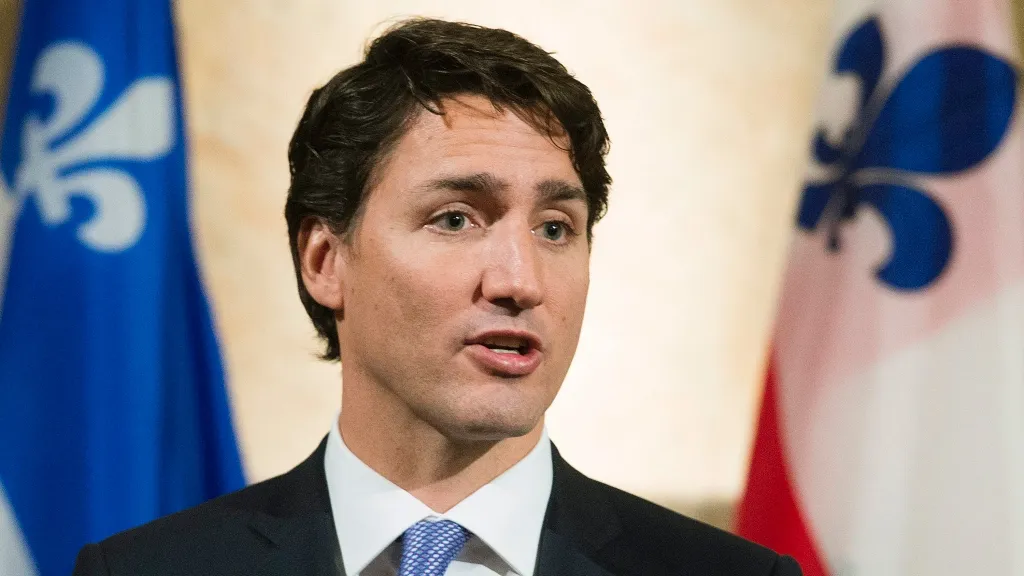


Prime Minister Justin Trudeau shall go down in history as someone who has earned the dubious distinction of taking the Indo-Canadian relations to its lowest point ever. By accusing the Indian government in the Canadian Parliament of killing Hardeep Singh Nijjar, a Khalistani sympathizer, Trudeau has crossed all the red lines. His allegations have been rejected by the Indian government since there is no evidence to suggest that Nijjar, who was gunned down in Surrey in British Columbia on June 18th, was killed by anyone connected with the Indian State. In fact, Nijjar’s killing was attributed to inter-gang rivalry amongst the Khalistan supporters. Even on Thursday there were reports that Sukhdool Singh, also a Khalistani supporter was shot in Canada by shooters of a rival gang. It is evident that the Canadian Prime Minister, whose government is dependent on the support of the New Democratic Party led by Jagmeet Singh, is under pressure to name the Indian government in connection with Nijjar’s killing. Reports have surfaced in the Canadian media that agents of India’s counter-intelligence agency, R& AW were responsible for the killing. The latest stand-off between the two governments has already escalated tensions, and pro-Khalistan activists have asked Hindus to leave the Nation, or face dire consequences. What is extremely strange is that instead of condemning and reining in the ultra-Sikh elements, Canada seems to be siding with them. A few months ago, at Brampton, a float showing Indira Gandhi being gunned down by two men dressed in police unforms, formed a part of a procession. The External Affairs ministry had lodged a strong protest with the High Commission in New Delhi and had made it clear that endorsement of any act of violence was unacceptable. In the latest instance, Trudeau has claimed that he had raised the issue of Nijjar’s killing with Prime Minister Narendra Modi during the G-20 meet. His allegations, have not surprisingly been substantiated by the Five Eyes intelligence grouping which has Canada, United States, United Kingdom, Australia and New Zealand as members. Canada has also expelled the R& AW Station Director and India too has retaliated by declaring a Canadian diplomat in New Delhi as Persona Non Grata (PNG). Canada is one of the favourite destinations of Indian students wanting to study abroad, and obviously these tensions would also leave an impact of thousands of Indians who are there on student visas. The confrontation has serious ramifications for politics in Punjab, and top leaders from there have already urged Narendra Modi to resolve the matter as early as possible. India has also suspended Visa services for Canadian Nationals which effectively means that many Canadian Nationals of Indian origin may not be able to visit their native places in the winters. In the past, it is a well-documented fact that the Canadians had suppressed information about Air India’s Kanishka bombing in June, 1985. The bombing was the handiwork of Sikh militants settled in Canada and many of them got away, since the authorities did not furnish the full details to the Courts there. Nijjar had travelled to Canada on a forged passport and was sub subsequently granted citizenship. The Indian government has already stated that it does not condone his killing and had nothing to do with it either. The Canadians have been insisting that Indian intelligence agents were responsible for this cold-blooded murder and there would be zero tolerance for it. The outrage in New Delhi is over the manner in which Trudeau has acted by making these claims on the floor of the Parliament without substantiating the charges in any manner. According to a section of Canadian media, Trudeau’s popularity ratings were coming down, and he was doing what he is doing in pursuance of his politics, which would involve support from the pro-Khalistan groups. It would be significant to note that an overwhelming of Sikhs settled in Canada, do not back any secessionist movement against India and have accordingly distanced themselves from these ultras. Intelligence experts are of the opinion that killing of adversaries was against the policy of both the R& AW and the Intelligence Bureau, and such allegations, were without any foundation. Pakistan’s Inter Services Intelligence has got active and is also trying to incite the pro-Khalistan elements by spreading rumours about India’s involvement. The ISI has in the past made multiple allegations about India being active in parts of Pakistan, particularly Balochistan. However, even India has sufficient proof how terrorists in Kashmir and elsewhere have been receiving support from Islamabad. The Indo-Canadian stand-off should be resolved as early as possible, and the extreme position taken by Trudeau to safeguard his support base, is not likely to last too long. Indians settled in Canada are by and large peace-loving people and can see through such tactics. And this call asking Hindus to leave the Nation is highly condemnable. The Canadian government must take serious note of it and ensure that no innocent citizens were either threatened or intimidated. Canada must also ensure that their soil should not be used to hatch conspiracies against another country and condone violence of any nature.